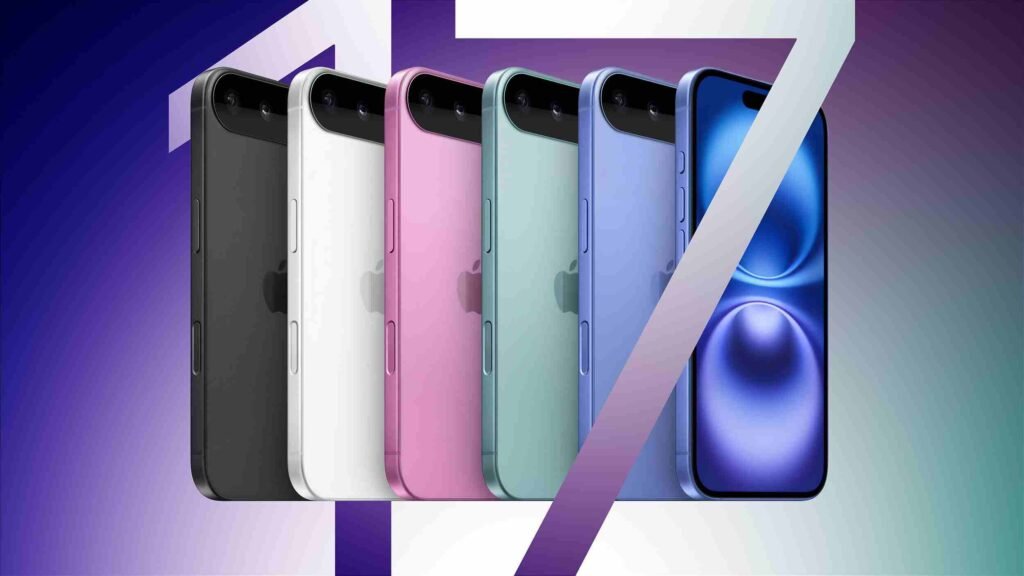If you’re planning to buy a new iPhone, you might want to act fast. Prices could soon jump dramatically due to new US tariffs on products imported from China and other countries. Analysts predict Apple may increase prices on all its major products, including the iPhone, Apple Watch, iPad, and AirPods.

These tariffs, introduced on April 2 and described by former President Trump as “reciprocal,” hit Chinese imports the hardest with a steep 54 percent tax. Other nations face a minimum 10 percent tariff. Since China handles most of Apple’s product assembly, the impact is expected to be significant.
Apple’s stock price has already taken a hit, dropping over 9 percent following the announcement. Rosenblatt Securities estimates the new tariffs could cost the company up to 40 billion dollars. To offset that, Apple may push those costs onto customers.
According to Rosenblatt, prices could rise across the board by as much as 43 percent. This would raise the base model iPhone 16 from $799 to around $1140. The top-end iPhone 16 Pro Max, which currently costs $1599, could rise to nearly $2300. Even the budget-friendly iPhone 16e, launched in early 2025 at $599, might jump to over $850.
Other Apple products won’t be spared. The Apple Watch, iPad, and AirPods are also expected to increase in price by about 39 to 43 percent.
However, not all analysts agree on the exact numbers. Neil Shah of Counterpoint Research expects a more moderate 30 percent increase. Angelo Zino from CFRA Research believes Apple may not be able to raise prices by more than 10 percent immediately, due to current consumer sentiment. Still, he expects noticeable price changes when the iPhone 17 is launched in September.
Apple has tried to reduce its dependence on China by expanding manufacturing in places like India, Vietnam, Taiwan, and Thailand. India now assembles about 10 to 15 percent of iPhones and could reach 20 percent by the end of the year. But even Indian-made products are now subject to a 26 percent tariff when imported to the US.
A major complication for Apple is that these new tariffs were implemented under the International Emergency Economic Powers Act. This approach leaves no clear path for companies to apply for exemptions. The only way to get relief is through a direct order from the President. Trump has made it clear that exemptions will be extremely limited.
During his first term, Apple was able to negotiate its way out of similar tariffs. CEO Tim Cook, who Trump once called “Tim Apple,” is known for using direct conversations with the former president to influence policy. But with stricter rules this time around, it’s uncertain whether Apple can pull that off again.
For now, Apple’s most likely option is raising prices across all major product lines. If that happens, consumers should be prepared to pay more for every iPhone, iPad, and Apple Watch starting this year.














